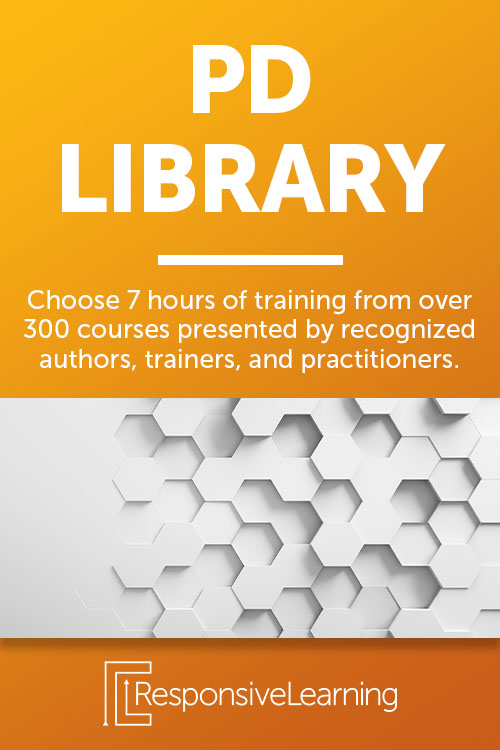After a long hard week teaching her 5th grade class, Angie went out to dinner with some of her closest friends. It was a fun and much-needed time to decompress from the week. After dinner, Angie’s friends invited her to a club, and they ordered several alcoholic drinks. One of Angie’s friends had her phone out the whole time and took many pictures and videos.
The next day, Angie logged onto her social media account to see that her friend had posted all of the pictures and videos and tagged her in them. Angie suddenly wondered if it was okay to have pictures of her drinking at a club online. She knew it was possible that some of her students’ parents could see it.
Does it matter what Angie posts pictures of when she’s off the clock and off school property?
Facing an ethical dilemma
This is just one of many ethical situations that teachers face throughout their careers. Most educators want to behave ethically, but figuring out what it looks like to uphold ethical conduct in different circumstances can be difficult. Some situations have very clear-cut right and wrong answers. But other times, it can be more difficult to figure out what it looks like to behave in an ethical way.
In Angie’s case, she was an adult and hadn’t done anything illegal, but ethics are about more than just following the law. Ethics guide a teacher’s behavior to make the best decision possible because of the great influence they hold over their students.
The serious responsibility of teachers
Teachers have a great responsibility to help their students embrace a love of learning. A good teacher can make a lifelong impact on a student. In the same way, when an educator engages in unethical conduct, it can hurt their students and affect them for years.
An educator is trusted to behave responsibly by parents and the community as a whole, and when an educator breaks that trust, it can cause substantial damage and distract from the ultimate goal of teaching. Your classroom environment starts with you as a teacher, and behaving ethically helps cultivate an environment of respect.
When you have questions about how to appropriately handle a situation, it’s helpful to have guidelines to look back on.
Guidelines for ethical behavior
The course Guide to the Texas Educators’ Code of Ethics gives educators the information they’ll need to make responsible decisions when faced with an uncertain problem.
In this 30-minute course, you’ll learn about the definition and expectations of ethical conduct in the state of Texas and how to determine ethical conduct in all sorts of situations. You’ll be introduced to situations you may have never considered before and questions to help you think through how to make an ethical decision.
After taking this course, Guide to the Texas Educators’ Code of Ethics, you’ll have a better understanding of:
- Appropriate boundaries for educators
- Ethical conduct on social media and digital communications
- Expectations for off-campus conduct
You’ll learn about both the legal expectations for ethical conduct as a teacher and practical ways to make a responsible decision in real-life situations. The information in this course is designed to be a resource you can refer to time and time again whenever you have a question about ethics.
In Angie’s case, there are several things that she could do to avoid ethical problems after a fun weekend with friends. First, she should make sure that her social media accounts are set to private so that no students or parents can follow her. Then, she could ask her friend to text her the pictures instead of posting them online.
A little bit of forethought and intentionality goes a long way to prevent unethical behavior. Ethical decisions may be challenging as a teacher, but with the right tools in hand, you’ll be able to confidently face them.






